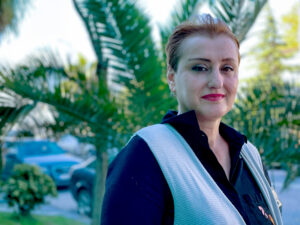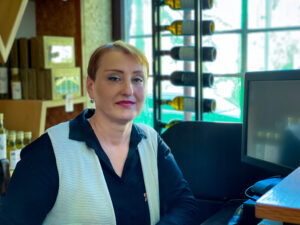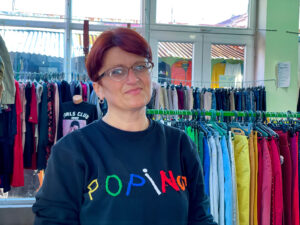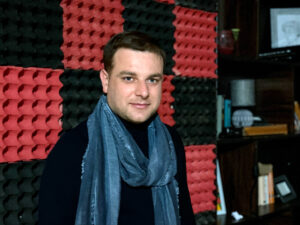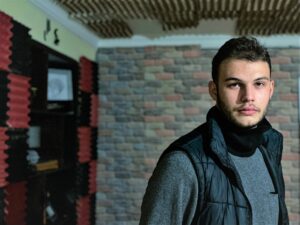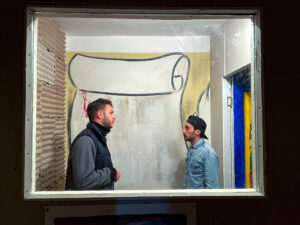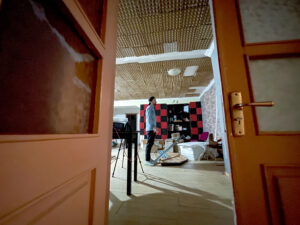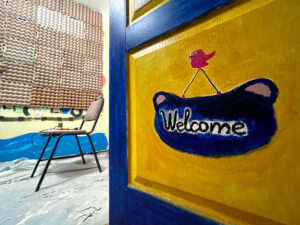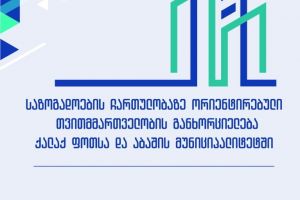
Cancer support and independent media: how EU is helping local initiatives take off in Georgia
In 2020, Poti and Abasha municipalities in Georgia announced a grant competition for local initiative groups and NGOs as part of a project funded by the European Union to support public-oriented local governance in the two Municipalities. A total of 23 projects in Poti were funded as a result of the grant competition, amounting to a total of €80,000.
Ketevan Bochorishvili is one of those who received a grant to implement her idea. As a result, she was able to set up “Vitae – for life”, an organisation offering support for women with cancer.
“In 2018, I was diagnosed with malignant mammary gland cancer,” she recalls. “Since that day, my life has been divided into two parts – before and after the diagnosis. Facing this disease turned out to be so stressful that I found it incredibly hard to start fighting. My family, friends, doctors were by my side, but what I needed was the support of people who had already been down that path. Nobody knows how to battle cancer better than someone who has overcome the disease. It was this realisation that encouraged me to do something to help other women, to encourage and advise them, strengthen them and give them back their power to fight,” says Ketevan Bochorishvili, who was able to beat cancer two years ago.
Today, Ketevan is the founder of an NGO that carries out informational and therapeutic activities together with up to 20 women. What these women have in common is their cancer diagnosis, and now together they are trying to support other women in Poti.
“There are no doctors, psychologists or psychiatrists working in this area in Poti, although there is definitely a need for it. This grant gave me the chance to take responsibility and help cancer patients to receive psychosocial services. As part of the project, we have carried out activities to raise public awareness both on the disease itself and on the importance of early diagnosis. The patients remotely attended group and individual therapy courses. We also managed to bring a therapist to Poti several times. We conducted a webinar with healthcare experts on how to cope with stress caused by cancer during the Covid-19 pandemic, which was vital for a risk-group such as cancer patients,” says Ketavan.
Inga Uberia is 45 years old. She beat stage-two malignant breast cancer a year ago. She learned about Ketevan from a complete stranger and says that meeting her helped her enormously to fight the disease:
“When I heard the diagnosis, I knew nothing. Then I discovered Keti. I followed the advice, underwent all the necessary courses and beat the disease in eight months. After that, I also got actively involved in the project together with Keti: we accompanied women to medical examinations, encouraged them and tried to support them. In Poti, almost no one had information on how to cope with this illness and how to prevent it. Together, we prepared several information brochures and videos, after which more women joined us, and now we are a pretty big circle, which is slowly growing. Many people come to us. Fighting the disease is hard for a dispirited person, that is why we are here, to encourage and support them,” says Inga Uberia.
Another winning project, which was made possible with the financial support of the European Union, is the online media “Free Platform”. Currently, the media channel is being formed as a local television. Repairs are ongoing, the filming and sound recording studios are being prepared and very soon a new TV station will start broadcasting in Poti.
The project started in August 2020 and the television appeared online in October of the same year. Although currently broadcasting online, it already has a few loyal viewers. Bakar Eragia is the head of the educational direction of “Free Platform” and recalls their journey from idea to implementation:
“The idea existed for a long time to create an informative and educational platform in Poti, which would give a platform to young people and other local active groups. The authors of the idea had addressed the Poti Municipality before the EU grant competition was announced, but they did not have the necessary resources for its implementation. But when Poti Municipality announced the EU grant competition for local community groups, it became possible to implement our idea. “Free Platform” is a very important project for Poti. This space gives everyone the opportunity for self-establishment. We are open to anyone who has an idea for an interesting TV programme,” says Bakar Eragia.
Giorgi Kokaia is an online media producer. He worked as a producer/editor at a leading television station for several years: “Based on my work, we came up with an idea to create a TV station in Poti, which would have a different format – it would give people the opportunity for self-realisation, make life in Poti more interesting and play a positive role against the currently tense political backdrop. As you can see, we will soon be finished with the repairs and after the testing mode we will start broadcasting. I think we will create a competitive content and soon it will become a favourite channel for Poti residents. At this stage, we have ideas for several programmes, which will see the light of day as soon as the renovation is completed,” says Giorgi.
The equipment necessary for TV broadcasting was purchased with the financial assistance of the EU: “The EU grant programme gave us the financial basis necessary to implement this idea. We bought cameras, a drone, memory cards, sound recording devices and other equipment. If it wasn’t for this project, the “Free Platform” idea would be sitting on a shelf, gathering dust. Young people are often concerned that there are not enough entertainment and educational spaces in Poti, there are almost no activities and the environment is monotonous. “Free Platform” is an open space created exactly for creative people, to voice their thoughts, ideas and critical opinions,” says Bakar Eragia.
The project, ‘Implementing public oriented local governance in Poti and Abasha Municipalities’, began in 2018 with the support of the European Union, and focuses on improvement, increased transparency and accountability of the work of local self-government. In addition to enhancing the efficiency of the governance of the municipalities, a large part of the project activities is aimed at the increased engagement of citizens in the decision-making process and at supporting their needs.
Author: Tamar Kuratishvili
Article published in Georgian by Knews.ge
MOST READ
SEE ALSO

No, time is not on Russia‘s side
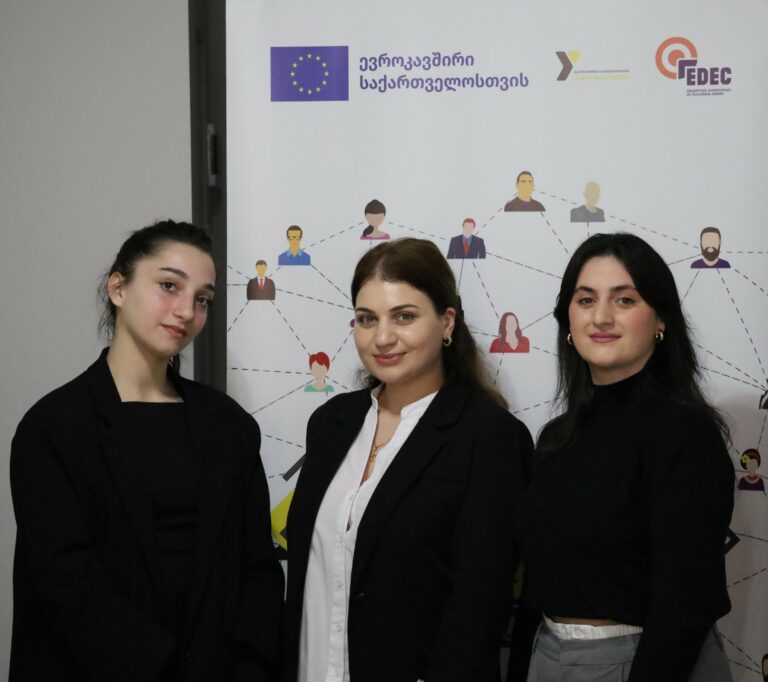
A hands-on approach to boost youth employment in Georgia
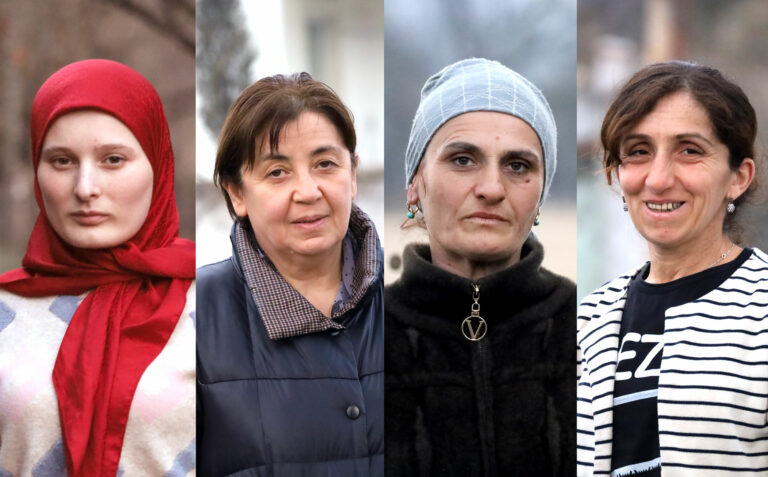
Taking health into their own hands: women’s empowerment in the remote villages of Georgia
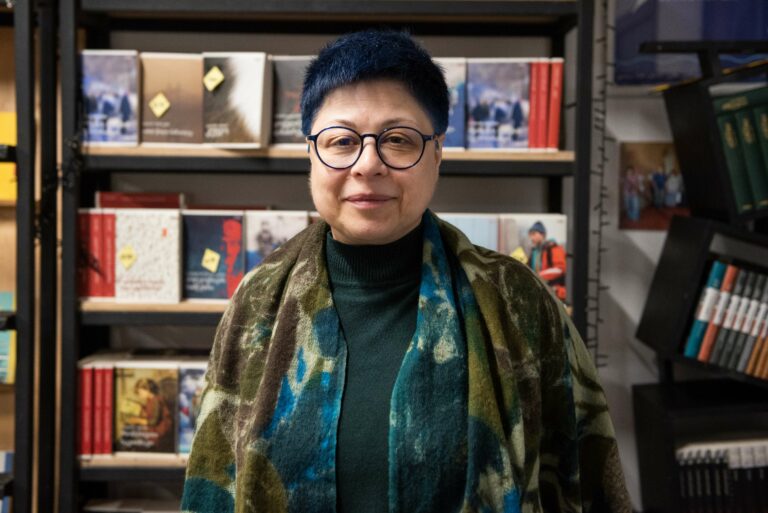
A woman publisher in a male-dominated industry – the path to a big dream

Be one step ahead of a hacker: check simple cybersecurity tips!
More campaign pages:
Interested in the latest news and opportunities?
This website is managed by the EU-funded Regional Communication Programme for the Eastern Neighbourhood ('EU NEIGHBOURS east’), which complements and supports the communication of the Delegations of the European Union in the Eastern partner countries, and works under the guidance of the European Commission’s Directorate-General for Neighbourhood Policy and Enlargement Negotiations, and the European External Action Service. EU NEIGHBOURS east is implemented by a GOPA PACE-led consortium. It is part of the larger Neighbourhood Communication Programme (2020-2024) for the EU's Eastern and Southern Neighbourhood, which also includes 'EU NEIGHBOURS south’ project that runs the EU Neighbours portal.

The information on this site is subject to a Disclaimer and Protection of personal data. © European Union,
